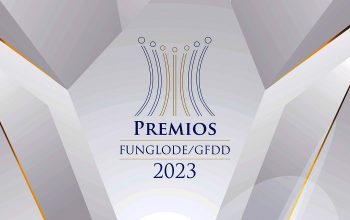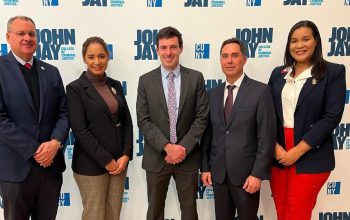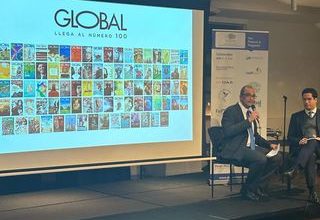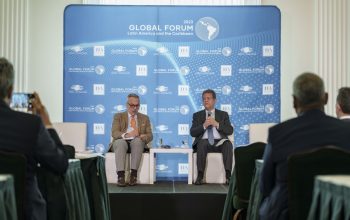news
Presentation on Energy Consumption Patterns
January 25, 2008
Latin America and the Caribbean, a region comprised of a considerable number of developing nations, emits a mere 4% of global CO2 emissions. According to Ricardo Sánchez Sosa, Director of the United Nations Environment Programme for Latin America and the Caribbean, the continental region is considered the cleanest on the planet.
In his presentation, “Energy and Environment: A Regional
Perspective,” the specialist maintained that the greatest volume of emissions is produced by developed nations and regions like the United States (23%), the European Union (17%), and China (16%). While Latin America and the Caribbean emit the least amount of emissions, this percentage will increase in years to come due to the processes of industrial development presently taking place.
Perspective,” the specialist maintained that the greatest volume of emissions is produced by developed nations and regions like the United States (23%), the European Union (17%), and China (16%). While Latin America and the Caribbean emit the least amount of emissions, this percentage will increase in years to come due to the processes of industrial development presently taking place.
Sánchez Sosa stated that in
2007, nations across the region arrived at a consensus, which he hopes will translate into the implementation of strategies that will ensure for more efficient energy consumption, particularly the adoption of alternative energy sources. He cited the case of Panama, where the government has mandated that all incandescent bulbs in homes throughout the country be replaced with florescent bulbs, at no cost to the citizen.
2007, nations across the region arrived at a consensus, which he hopes will translate into the implementation of strategies that will ensure for more efficient energy consumption, particularly the adoption of alternative energy sources. He cited the case of Panama, where the government has mandated that all incandescent bulbs in homes throughout the country be replaced with florescent bulbs, at no cost to the citizen.
Sánchez Sosa indicated that factory motors in operation throughout the region are over designed for what they do, demanding greater amounts of energy than what is required for operations to take place. Similarly, he ascertained that electrical distribution is inefficient, stressing that if the reality of climate change is to be prevented, consumption patterns must first change.
He urged for the design and
implementation of a clean energy policy associated with climate change, intended to guarantee the generation, supply and transmission of fuel alternatives such as wind and ethanol. Sánchez Sosa also called for the need to guarantee the efficiency of residential energy consumption and devise and institute regulations pertinent to the industrial and transportation sectors.
implementation of a clean energy policy associated with climate change, intended to guarantee the generation, supply and transmission of fuel alternatives such as wind and ethanol. Sánchez Sosa also called for the need to guarantee the efficiency of residential energy consumption and devise and institute regulations pertinent to the industrial and transportation sectors.
Ricardo Sánchez Sosa’s
presentation formed part of the Seminar organized by Global Foundation for Democracy and Development (GFDD) and Fundación Global Democracia y Desarrollo (FUNGLODE), “Opportunities for Sustainable Energy in the Dominican Republic,” that took place January 17, 2008, at FUNGLODE Headquarters in Santo Domingo.
presentation formed part of the Seminar organized by Global Foundation for Democracy and Development (GFDD) and Fundación Global Democracia y Desarrollo (FUNGLODE), “Opportunities for Sustainable Energy in the Dominican Republic,” that took place January 17, 2008, at FUNGLODE Headquarters in Santo Domingo.
GFDD and FUNGLODE carry-out projects and programs that promote energy conservation as part of their
overall mission to increase understanding of global warming and the steps that can be taken to mitigate its effects.
overall mission to increase understanding of global warming and the steps that can be taken to mitigate its effects.
Related link:






